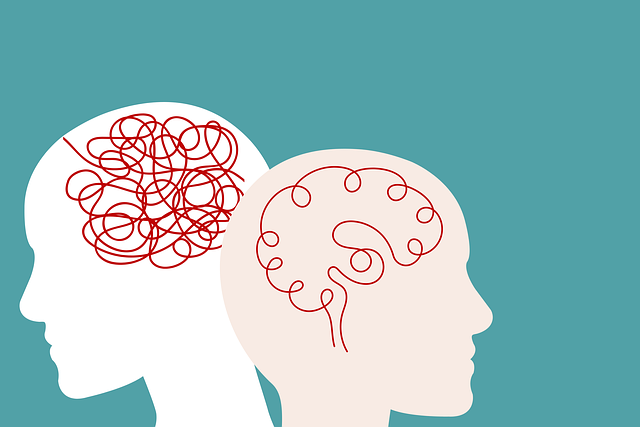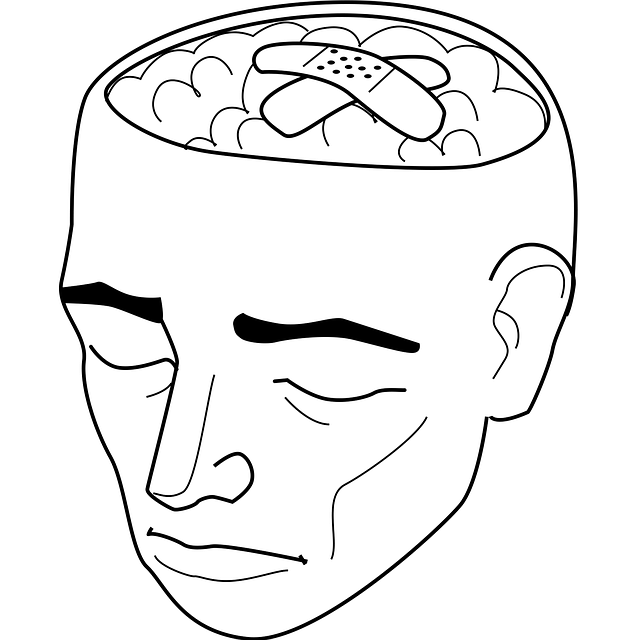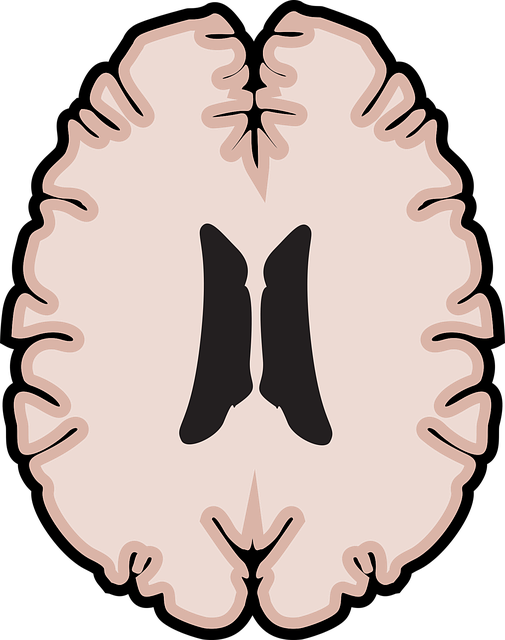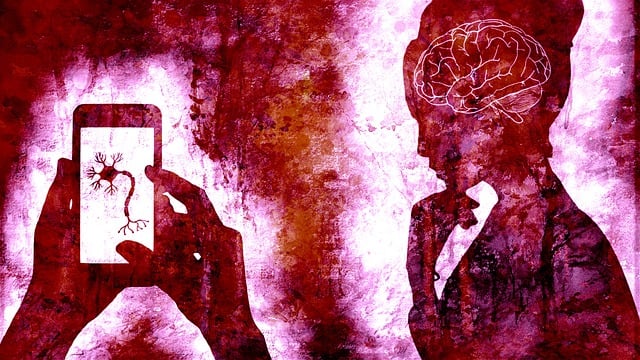Mental illness stigma severely limits youth access to essential services in Arvada, leading to isolation and shame. To combat this, efforts are focused on creating a supportive environment through education and empathy-based communication strategies. Normalizing mental health conversations encourages teens to seek help from Arvada Adolescent and Teen Therapy without hesitation, facilitating their emotional healing processes. Strategies include self-awareness exercises, challenging negative thought patterns, developing coping mechanisms, and improving self-esteem, all vital for cultural competency among healthcare providers. Mental health education in schools and communities breaks down stigma, equips individuals to recognize distress signs, and fosters open conversations about well-being, ultimately creating a safe, judgment-free environment for help-seeking.
In Arvada, addressing mental illness stigma is paramount for fostering youth mental health. This article delves into the multifaceted approach required to reduce this barrier, focusing on strategies within adolescent therapy settings, education, and community engagement. We explore how targeted interventions can empower both young individuals and their support networks, ultimately enhancing access to care in Arvada adolescent and teen therapy contexts. Understanding stigma’s profound impact is the first step towards creating a more inclusive and supportive environment for mental health discussions.
- Understanding Stigma and its Impact on Youth Mental Health in Arvada
- Strategies for Effective Stigma Reduction in Adolescent Therapy Settings
- The Role of Education and Community Engagement in Overcoming Mental Illness Stigma
Understanding Stigma and its Impact on Youth Mental Health in Arvada

Stigma surrounding mental illness can have a profound impact on youth seeking support and treatment in Arvada. Often, young individuals struggling with their mental health face judgment and discrimination, which can prevent them from accessing vital services and resources available through Arvada adolescent and teen therapy programs. This stigma can lead to feelings of isolation, shame, and fear, hindering their ability to openly discuss emotional challenges and seek the help they need.
In Arvada, efforts to reduce stigma are crucial for fostering an environment where young people feel safe and supported when dealing with emotional regulation issues. By promoting understanding and empathy through education and communication strategies, these initiatives aim to facilitate the emotional healing processes necessary for a thriving mental state. Encouraging open conversations about mental health can help normalize experiences that may otherwise be seen as taboo, ultimately encouraging teens to seek professional guidance without hesitation.
Strategies for Effective Stigma Reduction in Adolescent Therapy Settings

Reducing stigma around mental illness is a critical aspect of creating supportive environments for adolescents in therapy settings, such as those offered by Arvada Adolescent and Teen Therapy. One effective strategy is to encourage self-awareness exercises that promote understanding and acceptance of one’s emotions and experiences. These practices can help young individuals recognize their feelings, challenge negative thought patterns, and develop coping mechanisms, ultimately fostering a positive relationship with their mental health.
Additionally, incorporating self-esteem improvement activities into therapy sessions can significantly contribute to stigma reduction. By focusing on building resilience and self-worth, adolescents gain the confidence to share their experiences openly, combat internalized stereotypes, and advocate for themselves within the healthcare system. Healthcare provider cultural competency training is another vital tool; it equips professionals with the knowledge and skills to offer culturally sensitive care, ensuring that diverse adolescent populations feel understood and supported during therapy.
The Role of Education and Community Engagement in Overcoming Mental Illness Stigma

Education plays a pivotal role in stigma reduction when it comes to mental illness. By incorporating mental health education into school curricula and community programs, we can foster understanding and empathy from an early age. This equips individuals with the knowledge to recognize signs of distress and encourages open conversations about mental well-being. At Arvada Adolescent and Teen Therapy, for instance, we emphasize inner strength development through tailored self-care practices, helping young people navigate challenges with resilience.
Community engagement is equally crucial. Hosting workshops, seminars, and awareness campaigns allows for direct interaction and education among diverse groups. These initiatives promote empathy building strategies by humanizing mental illness experiences, breaking down stereotypes, and encouraging support networks. Through collective efforts, we can create an environment where individuals feel safe to seek help without fear of judgment, ultimately reducing the stigma surrounding mental health issues.
Mental illness stigma reduction is a multifaceted effort that requires understanding, education, and community engagement. In Arvada, addressing the impact of stigma on youth mental health has become a priority, with strategies focusing on both therapeutic settings and broader community involvement. By implementing these approaches, Arvada adolescent and teen therapy services aim to create a more supportive environment, fostering open conversations about mental health and ultimately reducing the barriers that prevent young individuals from seeking the help they need.












